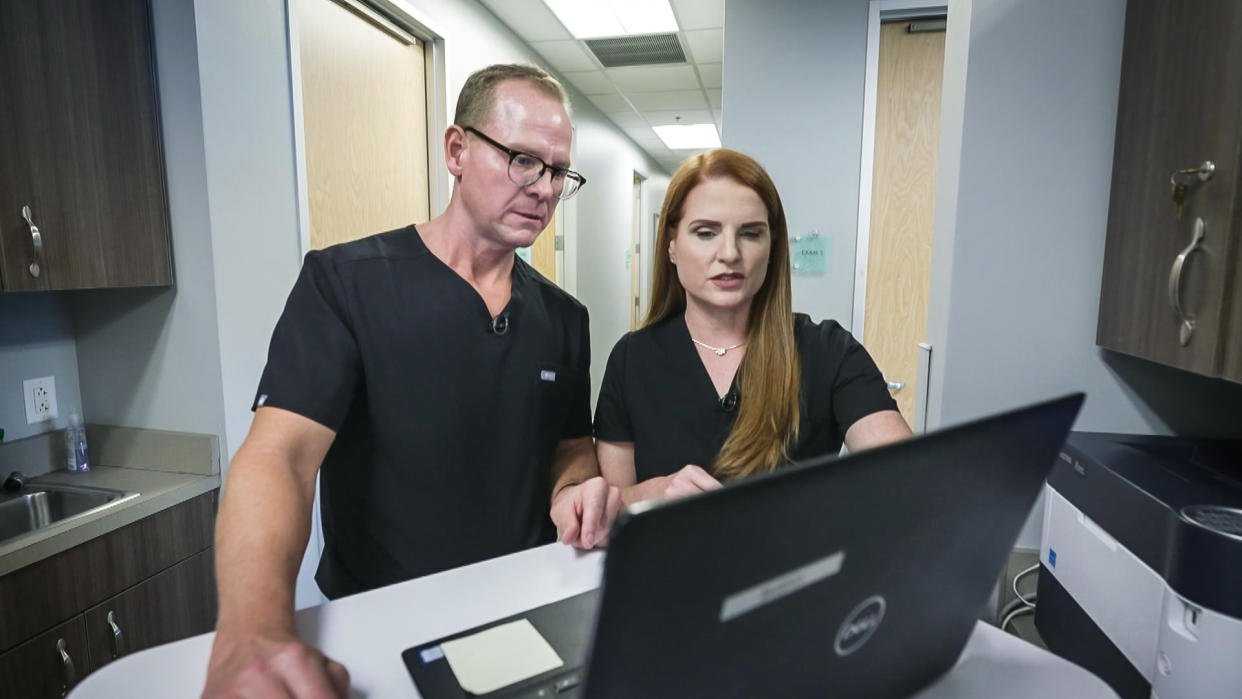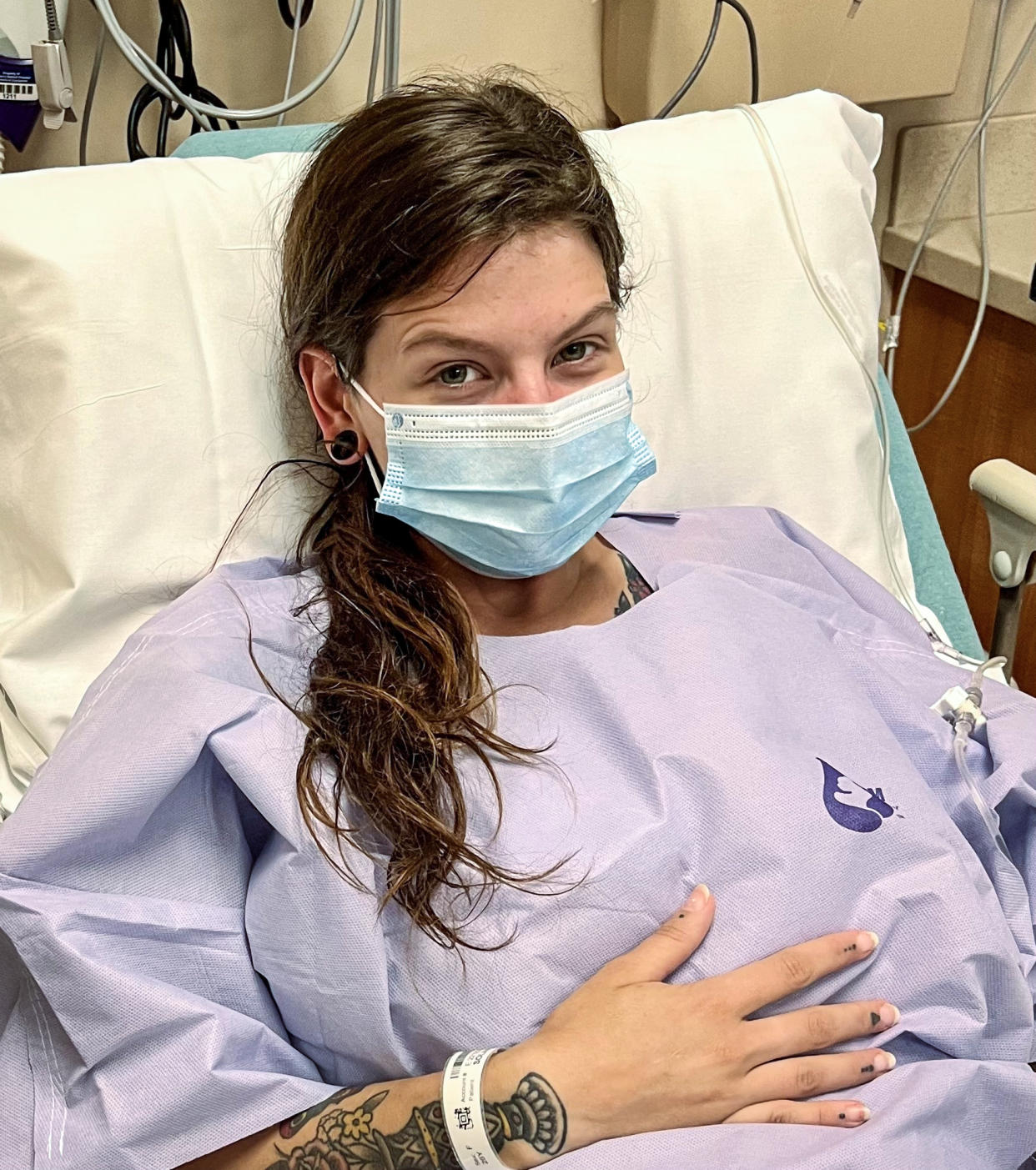The number of women searching for information about getting their tubes tied has skyrocketed after Roe
AUSTIN, Texas — A staggering number of women are considering permanent sterilization procedures after the Supreme Court overturned Roe v. Wade, according to physicians and online search data.
Searches for terms such as tubal ligation nearly quadrupled in the week after the high court’s decision, Google data shows. Facebook support groups for those interested in pursuing sterilization have been flooded, with one group gaining more than 2,500 new members since the June 24 ruling.
Meanwhile, OB-GYNs at one practice in Austin say they are fielding more phone calls than ever from women about sterilization.
“They want something permanent because they fear that tomorrow there’ll be no other option,” said Dr. Tyler Handcock, co-owner of the Women’s Health Domain.
Before Roe was overturned, Women’s Health Domain would receive one to two calls a week regarding permanent sterilization, he said.
Since the ruling, there have been hundreds of calls: “There were 200 messages by Sunday night following the decision,” Handcock said.

He and clinic co-owner Dr. Amy Chapman hold weekly group information sessions to help answer the many questions they are receiving about sterilization. Options include tubal ligation, in which fallopian tubes are blocked, cut or tied, commonly referred to as “getting your tubes tied,” and salpingectomy, or tubal removal, which is the surgical removal of one or both fallopian tubes and cannot be reversed. It’s not uncommon for more than 20 attendees to come to a session, Chapman said.
Women who have already gone through with permanent sterilization say they were dismissed by some doctors when they brought up the idea of permanently shutting down the possibility of having children.
“You’re told that you’re too young to make this decision,” said Megan Solan, 26, who scheduled her tubal removal through a different clinic in Texas after the draft decision to overturn Roe was leaked.
But, she added, “I’ve always known I didn’t want children. And I didn’t want to be in a position where I didn’t want children and would lack access to contraception as well.”
She had her salpingectomy June 22, two days before the Supreme Court ruling.

Permanent sterilization procedures, particularly among women, are a common method of contraception. The American College of Obstetricians and Gynecologists recommends doctors respect reproductive autonomy should a woman request such procedures. The group also recommends doctors provide pre-sterilization counseling that emphasizes the permanence of the procedures and includes information on reversible alternatives.
Ashley Ball, 26, of North Carolina, is part of the Facebook community of women interested in getting the procedures and recently had a consultation with a doctor about sterilization. She anticipates many more women will seek them out.
“Nobody wants to be put in a situation where they have to make a choice between the medical health of whoever is having that kid and the kid itself,” she said. “So a lot of people are just saying, ‘OK, we’re not going to. We’re going to go for sterilization instead.’”
Elizabeth Chuck reported from New York. Morgan Radford and Aaron Franco reported from Austin, Texas.
